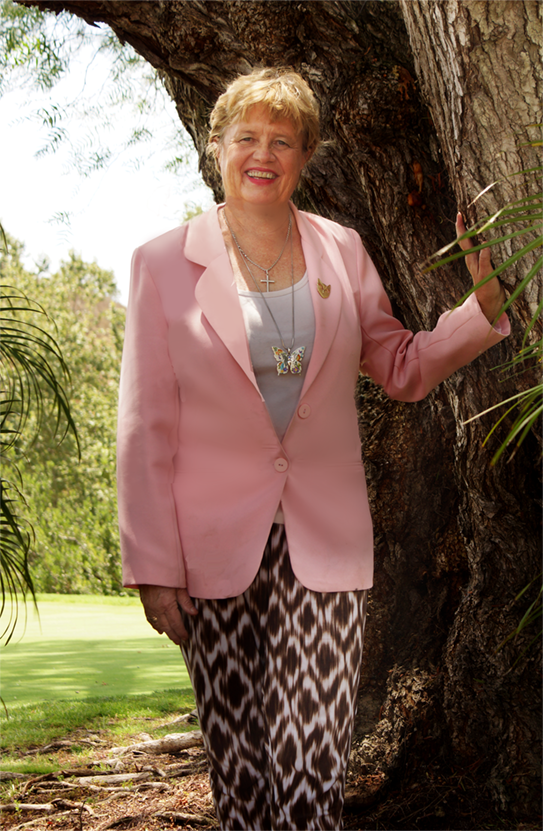
The Power o Bein Connected

Systems Therapy. Our beliefs,
reactions and feelings are initially
a result of our primary caregivers
and attachments.”– Monica Munn
is a positive experience allowing us to relax and feel a shared sense
of being connected with others — a feeling of being able to
speak openly and enabled to share our feelings with others without fearing reprisal. This
happens often when we are with old friends and, in many cases, with family members. And most
important: “being connected” is a feeling that must exist between patient and their therapist.
children feel anxiety when their parents argue. Imagine their feelings when alcoholism, drug
abuse or other disabling habits by a parent breaks up their family, a situation of great loss.
For over 200 years various philosophers, medical professionals and academicians have devel-
oped many useful methodologies as tools for use in psychotherapy. Many are based on the
knowledge that events in childhood play a strong role in an adult’s attitudes and emotions.
Thus, because we are all a product of our families and they are products of their families, my main
focus involves Family Systems Therapy, although it’s not the only therapy approach I find useful.
Others include cognitive behavioral therapy (CBT), attachment theory, humanistic therapy and more.
When you see any person of any age wrought with anxiety, you’re likely looking at a someone
experiencing “the powerlessness of being disconnected.” As you can see, “the power of being
connected” suggests the pathway to recovery for many disorders. The next page, “Pathways to
Being Connected,” sets forth the four steps generally employed to help individuals experience
relief from their powerlessness.
Marriage and Family Therapist
RN-BC, PsyD, EdD, and LMFT
To introduce myself, let me begin by describing how my credentials can
assist anyone seeking my assistance.
My goal has always been to offer the
most complete therapy services
possible. But first, to do this, the
California licensing requirements
had to be met. Studying while
holding down jobs related to the
fields of nursing, medicine and
psychology, I earned more degrees
and certifications than required.
The “RN-BC” listed above represents
my Registered Nurse baccalaureate,
a full college degree. Nurses must
know medical terminology,
procedures, the body’s systems,
medical equipment, pharmaceuti-
cals, patient care/planning etc.
The letters “BC” mean I’m “Board
Certified” in the specialty field of
psychiatric-mental health. This
credential is awarded by the
American Nurses Credentialing
Center. This certification required me
to serve as an RN for two years
working in my specialty area for at
least 2,000 hours and passing a test
of about 175 questions.
The “PsyD” is a clinical doctorate
degree (like an MD) earned by
practicing psychology in connection
with a degree-granting program.
Because all that we know in life
comes from our ability to communi-
cate, an “EdD” is an important
clinical doctorate degree earned by
conducting effectively communica-
tions with individuals and groups in
a real work setting and in conjunc-
tion with a degree-granting
program.
A Licensed Marriage and Family
Therapist (LMFT), with a doctoral degree in psychology, focuses more
specifically on the relational and
interpersonal dynamics within
families, marriages, and couples.
Discover how many more options you have with The Munn Clinic — Go to the next page, "Services" or call now...
